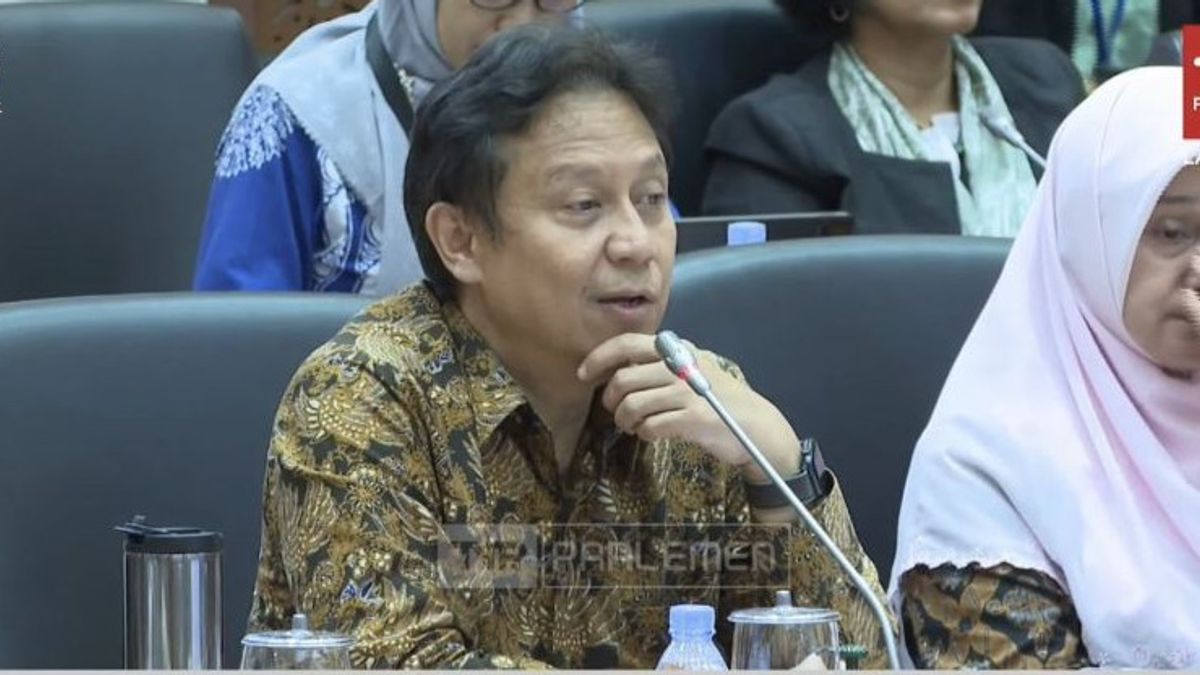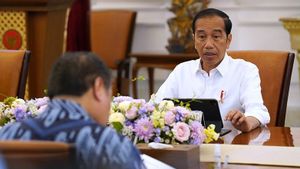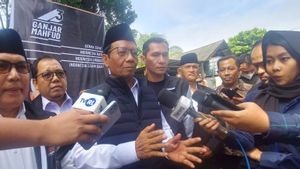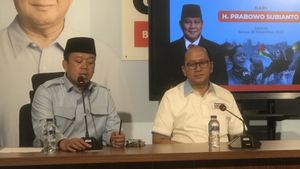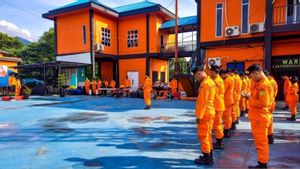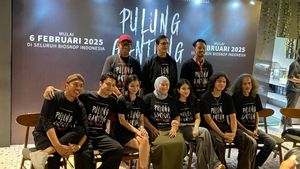Minister of Health Budi Gunadi Sadikin said the intervention of dengue hemorrhagic fever (DHF) in the last 50 years in Indonesia has not succeeded in reducing the number of cases to a minimum global frequency threshold.
"Over the past 50 years, the government has carried out all kinds of interventions and programs, costing hundreds of billions to trillions of rupiah, but dengue cases did not go down," said Budi Gunadi Sadikin at the DPR Commission IX Working Meeting related to Wolbachia reported by ANTARA, Tuesday, November 28.
He said the programs carried out within that period included environmental, vector, and human interventions.
Environmental interventions are carried out by reducing larva habitats such as the construction of water pipes, draining, cleaning, and recycling water containers.
The form of intervention in vectors is carried out by spraying larvae killer chemicals, and the use of chemicals that kill adult mosquitoes using absorption.
Meanwhile, intervention in humans is carried out by changing the behavior and place of residence of humans, to giving dengue vaccinations.
SEE ALSO:
The form of intervention, said Budi, has not had an optimal impact on reducing the number of cases to touch the standard for incidence rate dengue or frequency of pain according to the guidelines of the World Health Organization (WHO) as many as 10 per 100,000 cases out of the total population.
"Over the last 50 years we have intervened but in fact cases have not gone down. Our dengue is very high from the WHO limit," he said.
Budi said the frequency of dengue fever in Indonesia is currently at 28.5 per 100,000 population. In fact, this figure in Yogyakarta can reach 300 to 400 per 100,000.
"We have never touched 10 per 100,000. All kinds of programs that the ten Ministers of Health had previously carried out, but did not reduce cases," he said.
Budi introduced the latest method in the form of innovation of a Wolbachian mosquito that can reduce the replication of the dengue virus in the Aedes Aegypti mosquito, so that it can reduce the capacity of the mosquito as a dengue vector.
The English, Chinese, Japanese, Arabic, and French versions are automatically generated by the AI. So there may still be inaccuracies in translating, please always see Indonesian as our main language. (system supported by DigitalSiber.id)
